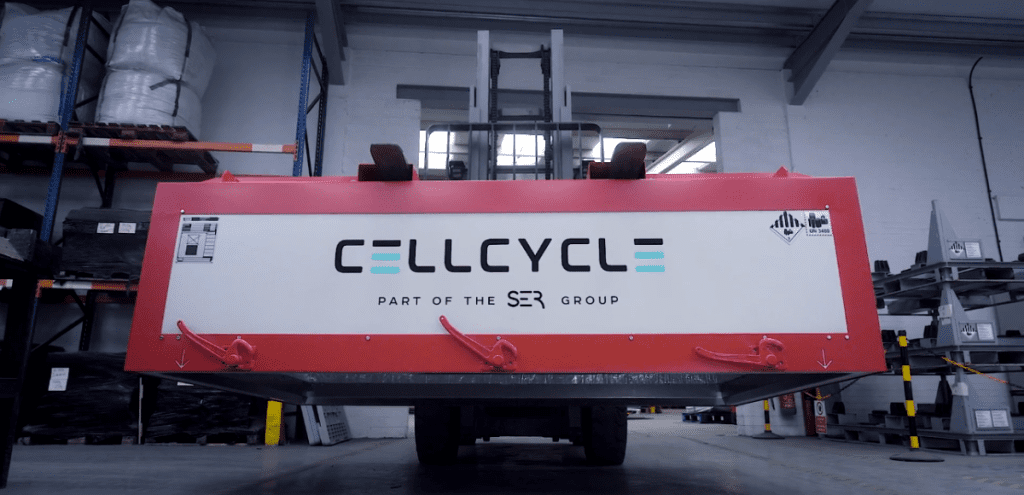In the transition to a net-zero future, lithium battery storage has emerged as a cornerstone of modern energy systems. From electric vehicles (EVs) to grid-balancing services, the humble lithium-ion battery is working harder than ever. But while most of the spotlight has focused on battery production and recycling, there’s one vital piece of the puzzle that’s often overlooked: secure battery storage. Secure storage of lithium batteries is paramount for safety.
The Growing Demand for Safe Battery Storage
The global surge in electrification has led to unprecedented demand for lithium-ion batteries. As more EVs hit the roads and energy grids scale up storage infrastructure, the logistical challenge of storing these high-energy assets grows in tandem. But lithium-ion batteries are not like other products — they’re powerful, chemically active, and require stringent handling conditions.
Improper storage can pose serious risks, including thermal runaway, fire hazards, and regulatory non-compliance. That’s where secure lithium battery storage becomes indispensable. Secure storage of lithium batteries mitigates these risks effectively.
What Is Lithium Battery Warehousing?
Lithium battery warehousing refers to purpose-built or professionally adapted facilities designed to safely house lithium-ion batteries at any point in their lifecycle — new, used, damaged, or awaiting recycling.
These warehouses are more than just spaces; they are engineered environments equipped with:
- Fire-resistant construction and suppression systems
- Temperature and humidity control
- Ventilation and gas detection
- Secure segregation of different battery types
- Compliance with ADR and HSE regulations
For energy companies, working with a certified storage partner means reducing liability, meeting environmental and safety regulations, and ensuring operational continuity. Choosing secure storage of lithium batteries is essential for compliance and safety.
Why Storage Matters for Energy Security
When we talk about energy security, we often focus on energy supply: ensuring we have enough renewables, enough grid infrastructure, and enough resilience. But storage is an equally important piece of the puzzle.
Here’s why:
1. Buffering Supply Chains
A reliable lithium battery warehousing solution acts as a buffer when supply chains become volatile — whether due to global shortages, geopolitical tensions, or sudden surges in demand. Secure storage of lithium batteries ensures this buffer is always safe and reliable.
2. Preserving Battery Value
Improper storage can degrade battery health, reducing performance or rendering them unusable. Secure storage ensures batteries retain their intended lifespan and functionality.
3. Risk Management
By outsourcing to a professional storage provider, energy firms can avoid on-site hazards and insurance headaches. Safe, centralised storage minimizes the risk of accidents and costly downtime.
4. Support for Recycling and Reuse
Secure storage enables seamless handover to downstream processes like diagnostics, second-life applications, or recycling — enhancing sustainability across the battery lifecycle.
Choosing the Right Storage Partner
Not all storage solutions are created equal. Energy firms should look for providers with:
- Expertise in battery chemistry and regulation
- Integrated services: transportation, testing, dismantling
- Track records with EVs, energy storage systems, and OEMs
- Commitment to sustainability and circular economy models
At Cellstorage, we offer secure, scalable lithium battery warehousing services tailored for energy and EV companies. From collection and transport to temperature-controlled warehousing and regulatory reporting, we handle the complexity — so you don’t have to.


